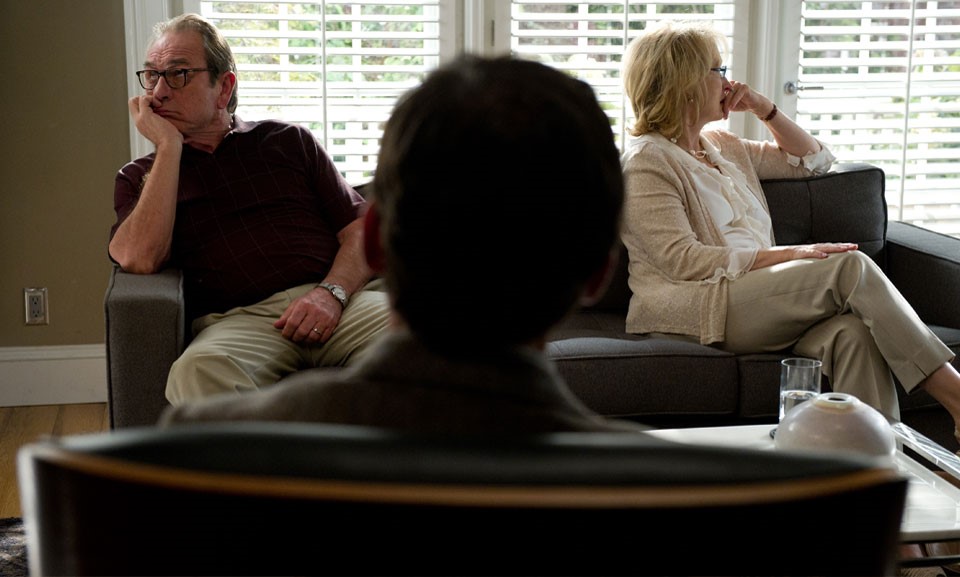Song for Marion: this film has powerful lessons for older men
This is an intense, moving, ultimately hopeful film, and it’s a superb example of the bogs of anger and self-isolation that many older men get stuck in. The film’s focus is an elderly couple, played to perfection by Vanessa Redgrave and Terence Stamp. One of the delights of this movie for us oldies is to … Read more




